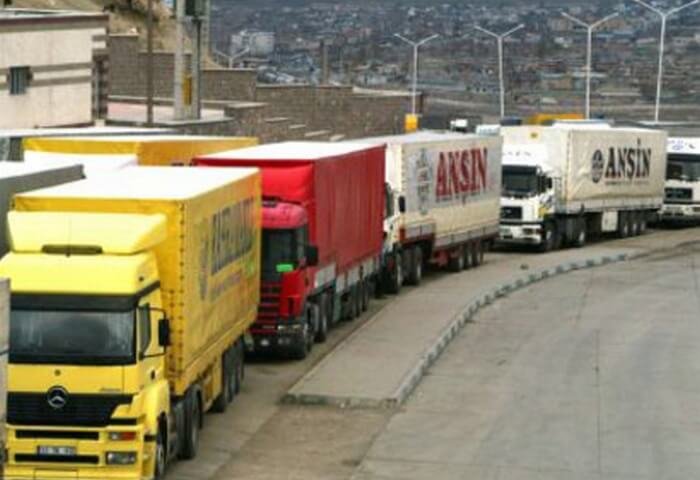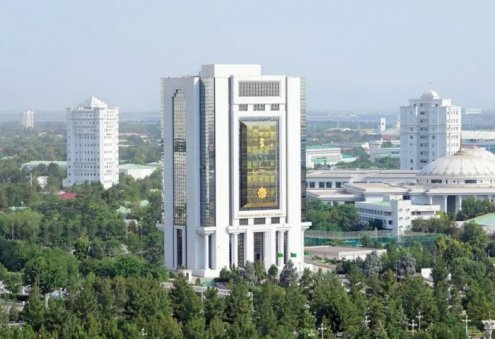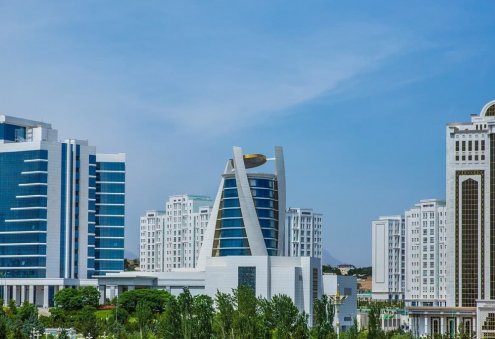Disruptions in transportation and the supply chain led 20 percent extra costs for producers and end consumers. The supply crisis and the disruptions in transportation over the past year, together with high inflation levels, are creating cost increases that have a major impact on companies' income.
This matter is also highlighted in the report "Perspectives for the Supply Chain of the Mass Consumption Sector in 2022", which was presented at the Supply Chain Congress organized in Madrid by the Spanish Association of Manufacturers and Distributors (AECOC). According to the report, 41 percent of companies reported an increase in costs of between 10 percent and 20 percent as a result of these supply chain disruptions. In addition, 19 percent of the companies stated that the cost increase they experienced exceeded 20 percent.
When asked which items have increased their costs more, 77 percent of the companies point to raw materials, 72 percent to transportation and 69 percent to energy.
The report thus shows that companies have adopted different strategies to overcome the supply problems that occurred in the last 18 months. 60 percent of these companies have chosen to look for alternative raw material suppliers, 50 percent have increased their current stock levels and 43 percent have changed their procurement management model.
Regarding the aspects that concern companies the most at the moment, the report shows that 60 percent cite improving service levels, 51 percent are concerned about how to manage potential disruptions in the supply chain, and 46 percent want to move forward on optimizing transportation in the supply chain.
The report also highlights that 64 percent of manufacturers say their relationship and cooperation projects with distributors have remained the same or improved. In addition, 83 percent of distribution companies give the same assessment of their current degree of cooperation with manufacturers.
Sustainability
Another strategic axis that sets the supply chain agenda for companies is sustainability. While 75 percent of companies believe that they have successfully or very successfully implemented measures to reduce the environmental impact of their operations, the remaining 25 percent state that the results achieved so far are not good.
When asked about the main barriers to decarbonizing logistics, companies cite the lack of maturity and development of new technologies, the lack of supply of alternative fuel vehicles, and the inadequate charging infrastructure currently in place.
The report also polled companies about the barriers to the further development of goods distribution by rail, which today represents only 1 percent of transportation. 54 percent of companies point to lack of supply and lack of operators as the main obstacle to further development.
As a result, as the report indicates, companies seeking to reduce their costs are changing their methods in search of cheap raw materials and transportation.
Nurmyrat Mommayev,
PhD Candidate at Marmara University's Department of Political Science and International Relations in Istanbul, Turkey


















